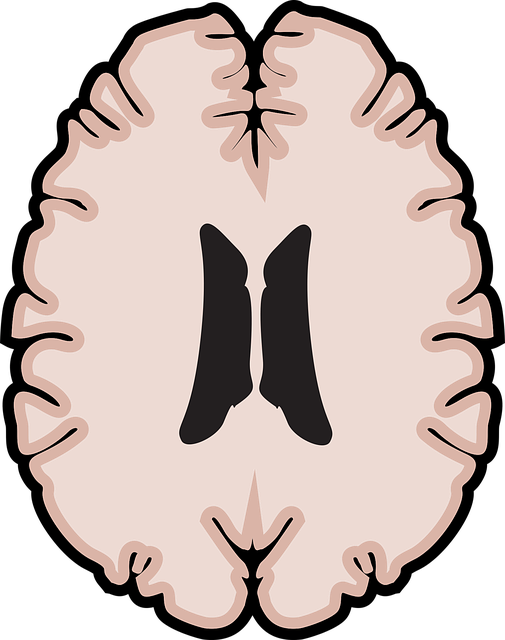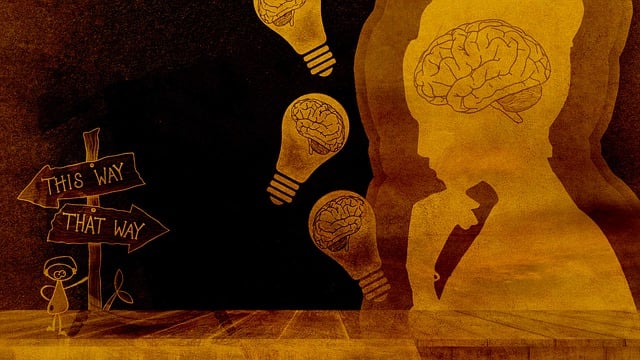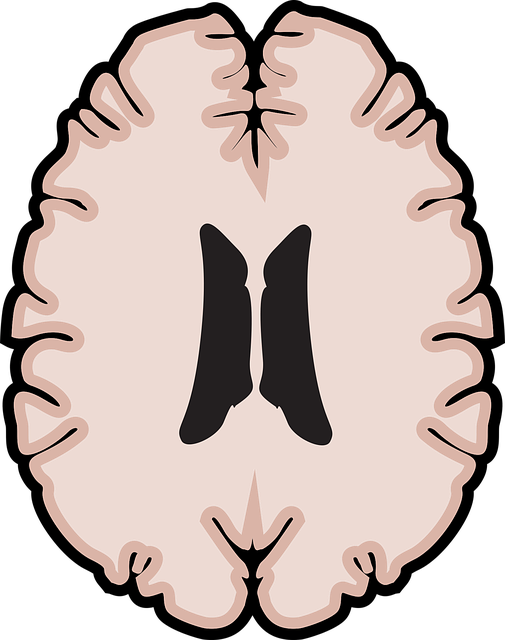Children's mental health therapy requires professionals to navigate developmental concerns, trauma, and emotional regulation specific to young individuals. Traditional psychological testing methods may not accurately assess children's cognitive abilities due to age-related limitations. Therapists must tailor evidence-based practices to suit children's unique coping mechanisms and needs, staying abreast of the latest research for age-appropriate interventions. Proactive measures like tailored education programs and social skills training enhance self-awareness, resilience, and relationships, reducing burnout risks. Continuous Professional Development (CPD) is crucial for mental health professionals to stay current with best practices in therapy for children, including psychological testing and ethical standards.
Mental health professionals play a crucial role in fostering resilience and healing among children, but they also face unique risks. This article delves into the essential considerations for assessing and managing these risks, particularly in children’s mental health therapy. We explore the role of psychological testing as a strategic tool, discuss mitigation strategies, and emphasize the importance of continuous professional development. By understanding the unique challenges, therapists can enhance their practice, ensuring safer and more effective therapy for young clients.
- Understanding the Unique Risks in Children's Mental Health Therapy
- The Role of Psychological Testing in Risk Assessment
- Strategies for Mitigating and Managing Risks
- Continuous Professional Development and Monitoring for Mental Health Professionals
Understanding the Unique Risks in Children's Mental Health Therapy

Children’s mental health therapy presents unique challenges and risks distinct from adult psychotherapy. Professionals working with young individuals must navigate delicate issues such as developmental stage-specific concerns, trauma, and emotional regulation. The dynamic nature of childhood and adolescence means that what may be appropriate for an adult client could be detrimental or ineffective for a child. For instance, traditional psychological testing methods might not accurately assess a child’s cognitive abilities due to age-related limitations in their development.
Moreover, therapists need to be vigilant about the potential for adverse effects, especially when employing evidence-based practices that may inadvertently trigger vulnerability. Depression prevention strategies, for example, require careful tailoring to address children and adolescents’ unique coping mechanisms and psychological needs. Mental health awareness among children is also evolving, and therapists must stay abreast of the latest research in order to provide age-appropriate interventions that foster healthy development while mitigating risks associated with therapeutic processes.
The Role of Psychological Testing in Risk Assessment

Psychological testing plays a pivotal role in risk assessment for mental health professionals, offering valuable insights into individuals’ cognitive functions, emotional states, and behavioral patterns. These assessments go beyond typical conversation-based therapy for children by providing quantifiable data that aids in diagnosing and understanding complex psychological issues. By integrating psychological testing into their practices, mental health professionals can tailor interventions more effectively.
In the context of therapy for children, psychological tests designed specifically to assess childhood development, emotional intelligence, and social skills can reveal hidden risks not immediately apparent during sessions. Such tests contribute to the design of comprehensive Mental Health Education Programs and Stress Management Workshops Organization, ultimately fostering positive thinking and enhancing coping strategies. This proactive approach ensures that mental health professionals are equipped with the necessary tools to navigate intricate cases and deliver high-quality care.
Strategies for Mitigating and Managing Risks

In the realm of mental health professional risk assessment, proactive strategies for mitigating and managing risks are paramount. Beyond adhering to strict regulatory frameworks, practitioners can implement tailored approaches that foster a safe therapeutic environment. One such strategy involves integrating compassion cultivation practices into clinical settings. By cultivating empathy, self-awareness, and resilience, professionals can better manage challenging situations and reduce the risk of burnout. Additionally, incorporating mental health education programs design tailored to both practitioners and clients can enhance awareness of potential risks and equip individuals with coping mechanisms.
Another effective approach is leveraging social skills training to improve communication and interpersonal dynamics. This not only strengthens professional-client relationships but also promotes healthier interactions, thereby minimizing risks associated with miscommunication or misunderstanding. Furthermore, regular participation in therapy for children, integrated with psychological testing, can offer early interventions and prevent the escalation of mental health issues within at-risk populations.
Continuous Professional Development and Monitoring for Mental Health Professionals

Mental health professionals must commit to Continuous Professional Development (CPD) to stay updated with evidence-based practices and ethical standards. Regular participation in workshops, seminars, and conferences focused on therapy for children can enhance their skills in psychological testing and assessment. CPD also facilitates exposure to innovative communication strategies and self-awareness exercises designed to manage stress effectively.
Organizations dedicated to mental health should implement robust monitoring systems that track professionals’ progress through these developmental activities. Such tracking ensures practitioners adhere to best practices, maintain high standards of care, and continuously improve their services. By fostering a culture of ongoing learning and accountability, mental health professionals can better serve their clients, especially children who are particularly vulnerable to the nuances of therapeutic communication and psychological evaluation.
Mental health professionals working with children face unique challenges and risks, from dealing with complex emotional issues to navigating sensitive ethical territories. By understanding these specific risks, employing psychological testing as a valuable tool, and implementing effective mitigation strategies, therapists can ensure safer and more successful therapy outcomes. Continuous professional development, coupled with ongoing monitoring, is essential to staying informed about best practices in risk assessment, particularly when it comes to children’s mental health therapy. Through these measures, professionals can better protect both themselves and their young clients.









